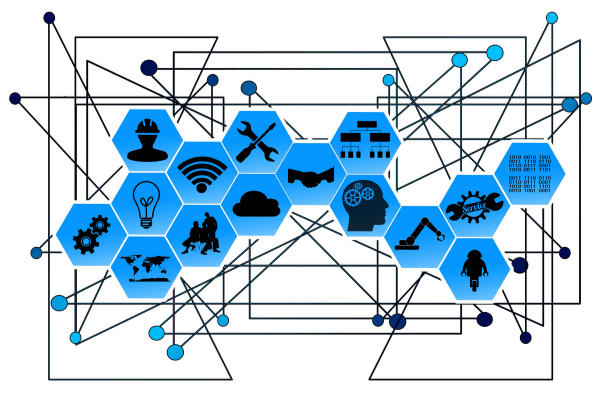
People who code are often encouraged to work on side projects, and for a good reason.
Side projects can be described as activities taken outside of one’s main job. For programmers, this is often a task with the purpose of learning something new, tackling a particular challenge, collaborating with other devs, or simply just for fun.
The importance of side projects for software engineers can be seen by how often it’s spoken about within the programming community. Seasoned programmers will often give advice to junior devs to work on side projects. Or during an interview, the question of what side projects you’ve worked on may come up.
The importance of working on side projects for software engineers should not be underestimated. Taking intentional time to work on projects plays a crucial role in shaping how developers grow in knowledge and skill due to several reasons that we’ll discuss.
Encourages Continuous Learning
More often than not, programmers in their day jobs do not have sufficient time to dedicate to learning and upskilling while at the same time meeting their work targets. It’s also not uncommon for programmers to work huge amounts of overtime to meet deadlines.
Due to the demanding nature of the role, developers will spend time outside of working hours just to meet the expectations of their roles. While this is technically optional, it’s become almost an expectation for developers with certain levels of pressures and responsibilities.
This is one reason why working on side projects for software engineers has also become an expectation. Employers know those who are willing to take the initiative to learn in their own time and apply what they learn are likely the ones who are more conscious of what it takes to remain on top of their skills.
The best way to learn is by doing. Having a side project to tackle will ensure you are always learning new skills or keeping your existing skills sharp.

Shows Enthusiasm For What You Do
A job is simply a job for most people. While working on side projects does not necessarily prove you enjoy your work, those who work on side projects will have more ways to prove this than those who don’t.
It certainly takes enthusiasm and motivation to volunteer your own time to your projects. Having a portfolio of work you willingly undertook in your own time is one way to show you are motivated and passionate about what you do.
Therefore, we can highlight that one of the importance of side projects for software engineers is demonstrating your willingness and initiative to work on the things you enjoy.
Builds Up Perseverance
Side projects are called projects for a reason. It’s an endeavour taken on with an end goal in mind. Successful projects have a measurable outcome to showcase. Whether an application useful for yourself, one that solves a particular problem for others or something you develop for fun.
However, developers are infamously known for abandoning side projects and not sticking with one idea through to the end. A lack of perseverance is one of the common reasons why developers may fail to complete side projects.

Committing to completing your personal projects and having a working solution shows you are able to pull through the challenges of working on something from start to finish. This all builds up perseverance and you are more likely to do the same for projects you work on for employers or your own business endeavours.
Allows Exploration Beyond Your Niche

Outside of proving to others your abilities and motivations, one of the best reasons that shows the importance of side projects for software engineers is being able to build and learn things you are not able to during your working hours.
Most developers in their job spent most of their time using specific programming languages within specific technologies and for specific applications. This leaves little room to learn about areas of software development you may have a personal interest in but don’t actively work on as part of your job.
This is where side projects come in. You are free to explore whichever programming languages, technologies, frameworks and tools that you wish.
Are you a mobile developer who wants to tinker with embedded systems? Or a front-end developer using JavaScript in their day job who wants to learn game development with C++?
One of the joys of side projects is the capability of expanding your knowledge and expertise beyond what you typically do at your job.
As food for thought, I’ll leave this famous email sent by Linus Torvalds, the creator of Linux, who thought the Linux project he kick-started back in 1991 would not amount to much…
“Hello everybody out there using minix –
I’m doing a (free) operating system (just a hobby, won’t be big and
professional like gnu) for 386(486) AT clones. This has been brewing
since april, and is starting to get ready. I’d like any feedback on
things people like/dislike in minix, as my OS resembles it somewhat
(same physical layout of the file-system (due to practical reasons)
among other things).” …
– Linus Torvalds, in 1992
Conclusion
There’s an importance placed on tackling side projects for software engineers which should not be ignored by those who want to maintain and expand their skill set.
Many well-known software applications and products we know of today started off as side projects. For some inspiration, check out this list of 21 side projects that grew into million dollar startups.
While completely on your own accord, it’s highly recommended to take on side projects to ensure continuous practice of your existing skills or to develop new skills.
If you haven’t already, consider taking on a side project, you may just be surprised by what you learn and what may become of the project!
Which side projects have you worked on before or which would you like to? We’d love to hear them in the comments :).
Did you find this article useful? See other articles you may be interested in below: